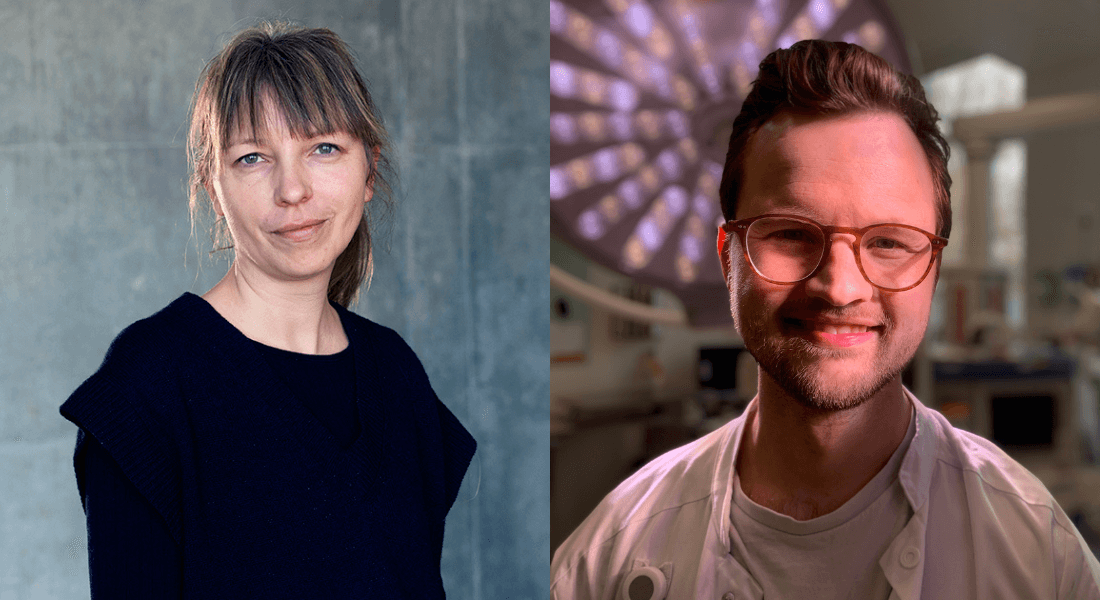Two SUND researchers receive fellowship grants from the Lundbeck Foundation
Every year, the Lundbeck Foundation awards grants of DKK 10 million to researchers in so-called fellowships. Two researchers from the Faculty of Health and Medical Sciences at the University of Copenhagen receive such a research grant in 2023.

The opportunity to establish your own research group at a Danish hospital or university, and five years to work focused on a biomedical science project.
This is what awaits junior researchers if they are awarded an LF Fellowship worth DKK 10 million to be paid out over a period of five years.
The LF Fellows programme supports talented young scientists, providing the financial freedom and stability to pursue their scientific visions and develop into international research leaders.
Congratulations to Assistant Professor Celia Kjærby and Associate Professor Mikkel Herly!
Celia Kjærby
Associate Professor and group leader, Center for Translational Neuromedicine, University of Copenhagen, has received a fellowship totalling DKK 10 million from the Lundbeck Foundation.
Title: The role of sleep microarchitecture on cognitive abilities in Alzheimer’s disease
With this five-year research grant, Celia Kjærby will be able to establish her own research group at University of Copenhagen.
Sleep plays an important role in our cognitive functioning, and Celia Kjærby's research focuses on the microstructures in sleep that are responsible for memory storage during sleep.
Through her fellowship, Celia Kjærby will investigate whether disturbances in sleep microstructure play a role in the development of dementia in Alzheimer's disease, and whether it is possible to reduce the risk of dementia by altering the microstructures of sleep.
Mikkel Herly
Associate Professor, Dept. of Immunology and Microbiology, University of Copenhagen, and MD, Dept. of Plastic Surgery, Rigshospitalet, has received a fellowship totalling DKK 10 million from the Lundbeck Foundation.
Title: Strategies for preventing implant rejection after breast reconstruction
The grant is paid out over five years and will enable Mikkel Herly to establish himself as research leader of his own group at Rigshospitalet and the University of Copenhagen.
Mikkel Herly’s research will investigate capsular contracture, which is a process where the immune system rejects breast implants, which particularly affect women who receive breast reconstruction after cancer. The hypothesis is that bacteria on the surface of the breast implants determine whether the women reject their implants.
Together with his group, Mikkel Herly will investigate the interaction between bacteria on the implant surface and the body's immune response. The research is based on the world's largest biobank of breast implants and biopsies from the fibrous capsule that encapsulate the implant from more than 800 women, that Mikkel Herly and his group have collected.
Mikkel Herly hopes that his research will lead to new strategies for preventing and treating capsular contracture in women undergoing breast reconstruction after cancer, and that the new knowledge can also benefit other patients with implants.
